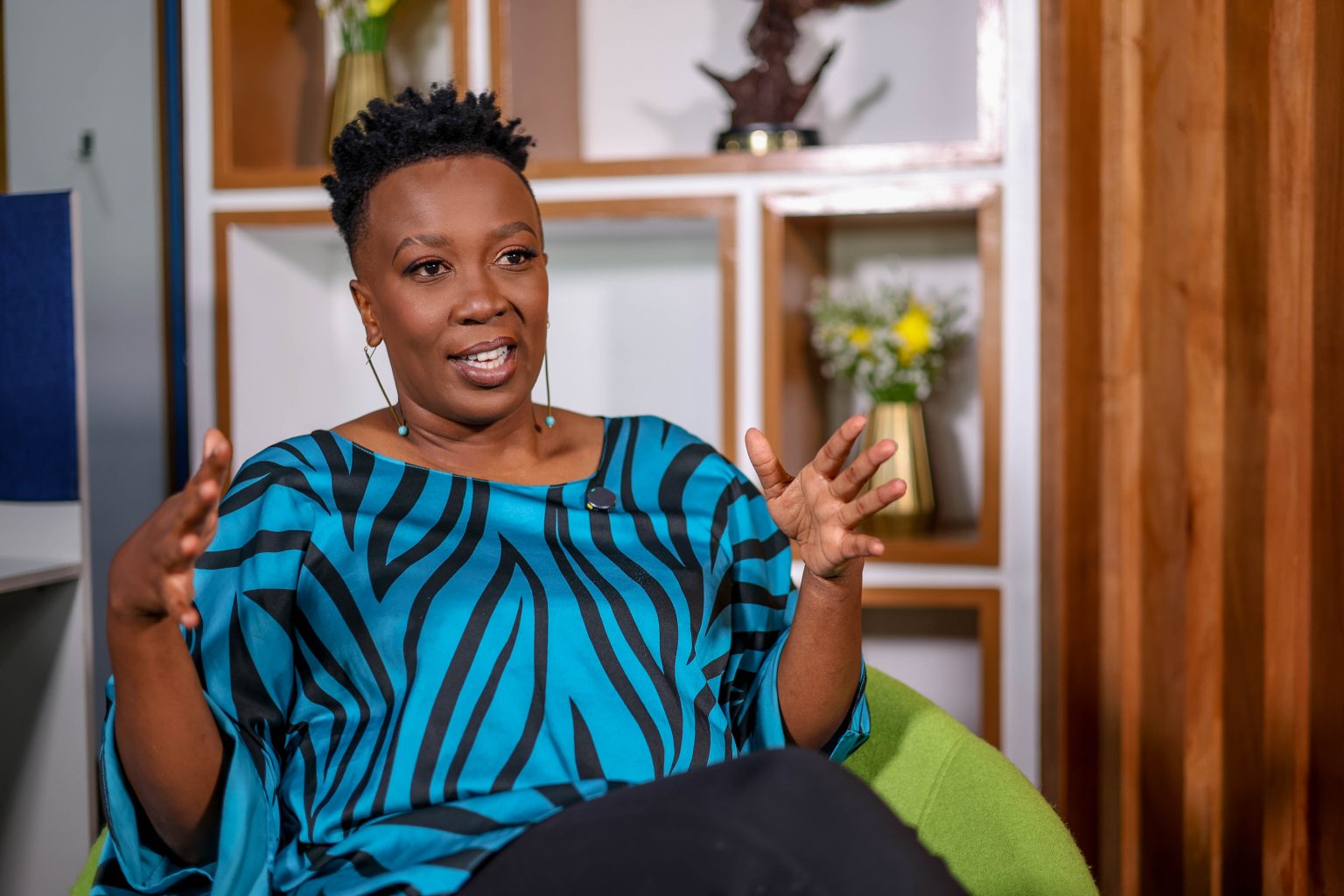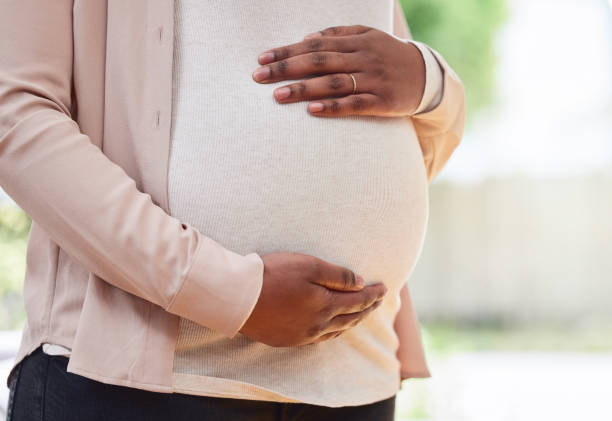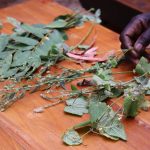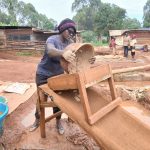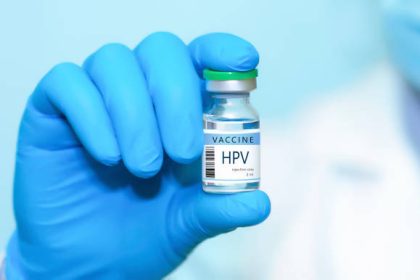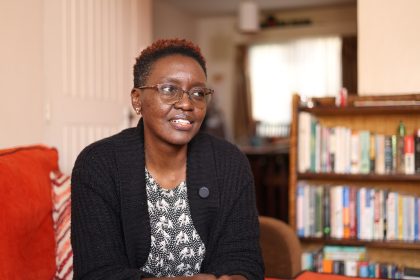Women diagnosed with abnormal placentation before birth show fewer complications compared to those whose diagnosis is only made during emergency surgery
For every parent, the dream is simple – hold your baby in your arms and watch them grow. But for singer Wahu Kagwi, that dream was once a painful mirage.
Wahu was already blessed with two daughters, but then came two back-to-back pregnancy losses; a grief that pierced deeper than words could express.
“I had even told God, it’s okay. Thank you, I already have two kids, I’m okay. There’s someone out there who doesn’t have one. Help them,” Wahu narrates.
But just as she was making peace with that chapter of her life closing, Wahu discovered she was pregnant again, this time at what is considered an advanced maternal age.
There was joy, but it was laced with fear. Her daughters had been praying for a baby sibling and, “I remember my older child telling my second born, ‘I don’t think it’s going to happen. Mummy’s too old’,” she recalls.
Wahu was advised to take a Non-Invasive Prenatal Test (NIPT)—a simple blood test that brings answers early in pregnancy to check for genetic abnormalities. Thankfully, everything looked perfect.
“The child is okay 99.9 per cent,” she says. “I was still in disbelief.”
Then, one day in her second trimester, in the middle of what seemed like a smooth pregnancy, she began bleeding heavily.
Placenta previa is a condition where the placenta covers the cervix, often causing severe bleeding during pregnancy
“All I could think was… It’s happening again.”
She broke down, cried, and pleaded with God, “You get me to 20 weeks, and then you take this child. I literally was saying, No! I refuse!”
Eventually, she was diagnosed with placenta previa, a condition where the placenta covers the cervix, causing severe bleeding, and was advised by the doctor to rest and cancel all upcoming performances.
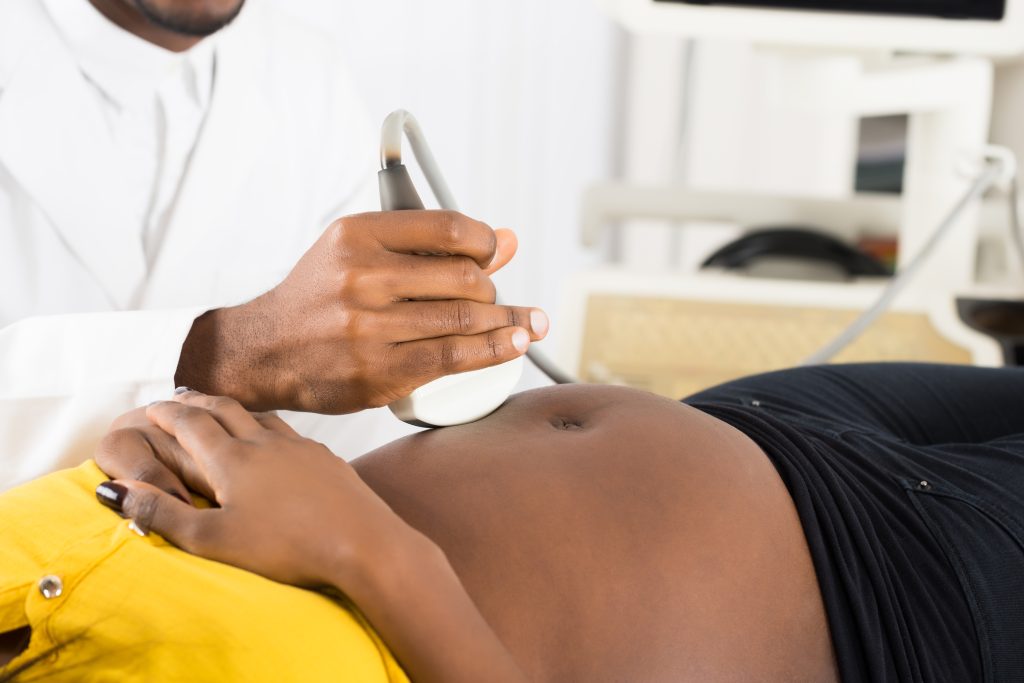
A study at Kenyatta National Hospital, Kenya’s largest referral facility, found that abnormal placentation, a dangerous pregnancy complication where the placenta implants incorrectly, occurs in 0.4 per cent of deliveries.
The three-year study titled Incidence and Outcomes of Abnormal Placentation at Kenyatta National Hospital written by Victoria Gamba and covering data from January 2017 to December 2019 showed that early diagnosis can significantly change health outcomes.
Most cases—66.7 per cent—were detected early using ultrasound, helping doctors prepare for safer deliveries. Women diagnosed before birth showed fewer complications, with maternal and perinatal risks reduced by nearly a quarter compared to those whose diagnosis was only made during emergency surgery, although the difference was not statistically significant.
The study highlighted the lifesaving role of antenatal ultrasound, as undiagnosed placental abnormalities are a major cause of life-threatening bleeding during childbirth.
Wahu faced every mother’s worst nightmare when her baby did not register her first breath
Despite the glaring risks, Wahu carried her pregnancy to term and delivered Shiru, who isn’t just her youngest child, but a miracle.
After experiencing two painful pregnancy losses, Wahu knew too well how fragile life could be, and fear was never far from her heart. During Shiru’s delivery, Wahu faced every mother’s worst nightmare when her baby did not register her first breath.
“At some point, the doctor stopped talking to me,” she says with tears in her eyes. The doctor rushed out of the room with the baby in his hands, and after what felt like “forever”, she finally let out a sharp cry.
“It just takes a moment… one wrong move, one delay, and you can impair or lose this child,” Wahu says. But thanks to the quick action of the doctors on call, Shiru was saved and is now a thriving two-and-a-half-year-old girl whom Wahu describes as rowdy and joyful.
In Kenya, access to vital tests like the Non-Invasive Prenatal Test remains out of reach for many women
Wahu’s journey through anxiety, pregnancy at an advanced age, and the rollercoaster of Shiro’s first moments changed her forever. “I’m so calm now as a mum. I’m just soaking in the moments… when she cuddles me and asks, ‘Are you my friend?’ That’s what life is about.”
Unlike when she was a young mother striving to balance career and parenting, this time she’s taking it slow, “I’m not in a rush anymore. I want to enjoy every muddy playtime.”
Wahu wants women—especially those in their late 30s and 40s—to know that pregnancy at this stage is possible and shouldn’t be taboo.
“So many women messaged me saying they felt too old to have a baby. But here I was, mid-40s, pregnant—and it was possible.”
But she also knows that in Kenya, access to vital tests like the Non-Invasive Prenatal Test (NIPT) remains out of reach for many, and with the cost of living at an all-time high, she wants the test to be made affordable, even free, “So every woman can make informed choices.”
Motherhood in her 40s has given Wahu and her husband a new kind of purpose, including keeping healthy “because this child will need me in my 60s and 70s.”
For Wahu, motherhood isn’t just a role; it’s her greatest joy, her deepest wound, and her answered prayer. “This is the best time of my life.”
This story was first published by Willow Health Media on July 14, 2025.



